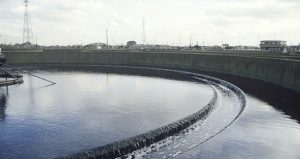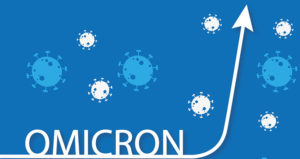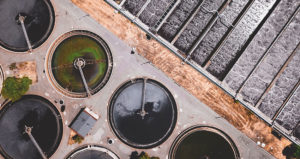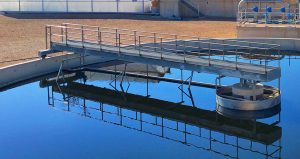Cookbook for wastewater surveillance

-
 Editorial Team
Editorial Team
Share article:
A ‘cookbook’ for wastewater professionals. What is that supposed to be? The answer is easy. It is a best practice guide on how to undertake wastewater surveillance of SARS, Covid-19 and its variants. This cookbook is published by the European Commission and the Global Water Research Coalition. It is supported by the Dutch National Institute of Public Health RIVM, Veolia, Suez, KWR and Water Futures.
During the pandemic the surveillance of wastewater became an important instrument to detect and predict the development of the Covid-19. Wastewater samples were used to help monitor, communicate, and manage the pandemic. Over the years a growing number of countries started using wastewater surveillance. The Danish government allowed towns to monitor wastewater for the coronavirus. In the Netherlands, the authorities made budget available for daily wastewater surveillance. And in England a dedicated lab was opened to process wastewater samples covering two-thirds of the population.
Major improvements
Thanks to the pandemic significant innovations were realised worldwide and rapidly. Global collaboration resulted in multiple improvements. For example, the integration wastewater surveillance with public health surveillance, wastewater sampling techniques, transport and storage of samples, laboratory analysis, normalisation and standardisation and data analysis and interpretation.
No rigid standards
‘The Cookbook is a culmination of the collective wisdom from numerous experts, who have distilled their knowledge into practical recipes. Unlike rigid standards, this guide is designed to be adapted and interpreted according to local conditions, promoting flexibility and creativity in public health responses. The report provides a compendium of methodologies, ranging from sample collection to data interpretation, tailored to guide public health sector leaders in both established and emergent surveillance programmes’, states the executive summary.
Objectives
The purpose of the ‘Cookbook’ is to provide practical and proven ‘recipes’ for wastewater surveillance. One of the objectives is to help developing new or extended surveillance programmes targeting
SARS, Covid-19 and its variants. Secondly the Cookbook aims to collect everything that has been learned from the 2020-2023 period for future pandemics.
You can download the Cookbook via European Commission’s Joint Research Centre

















